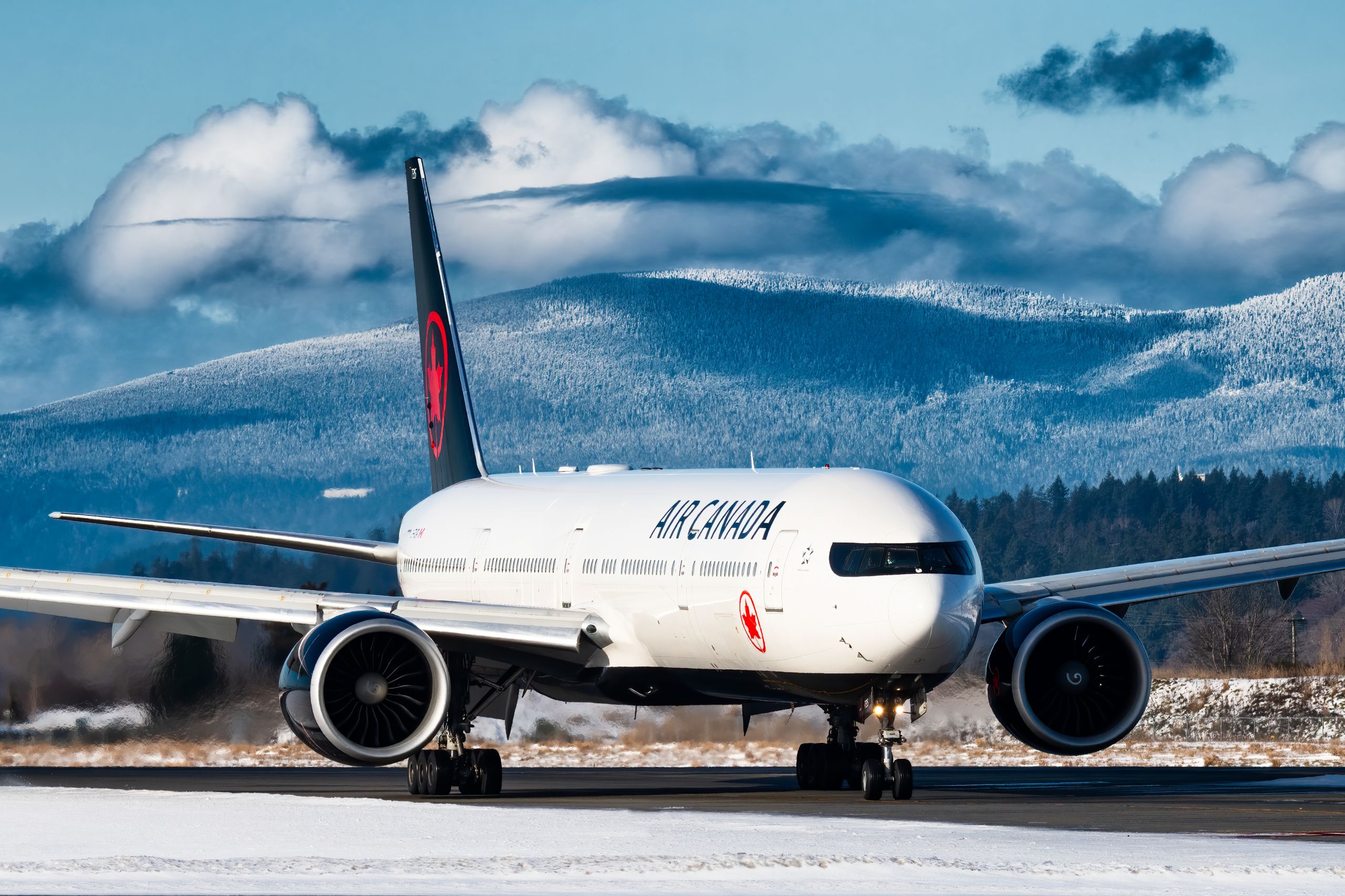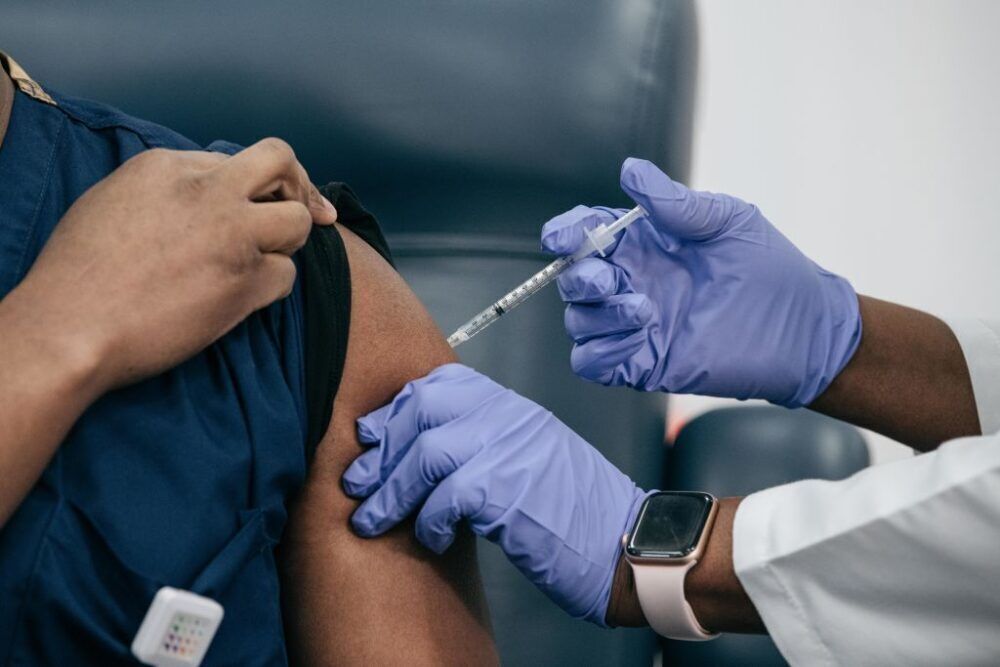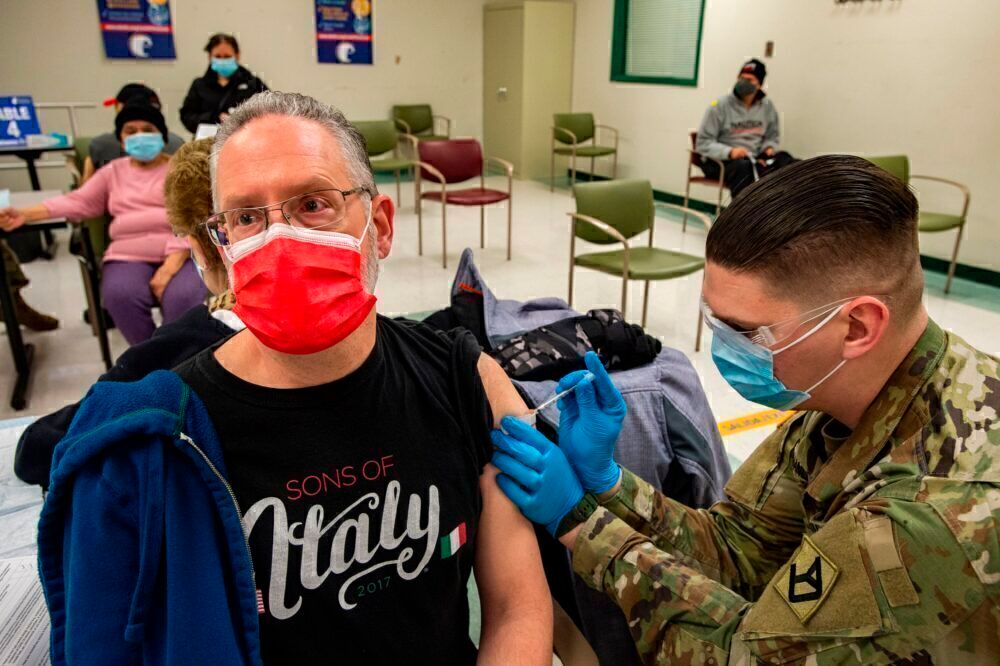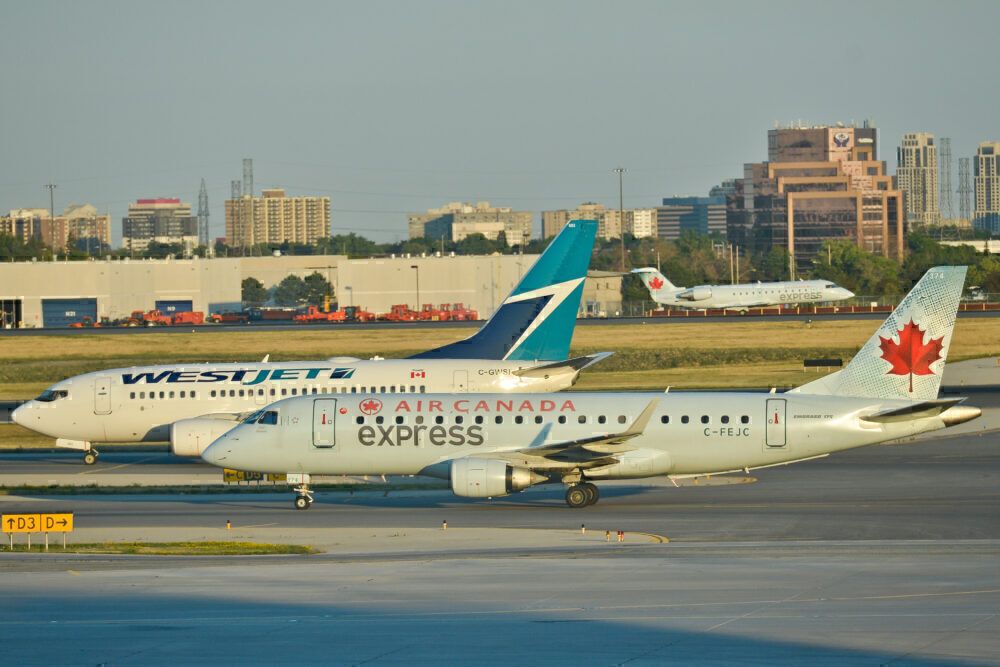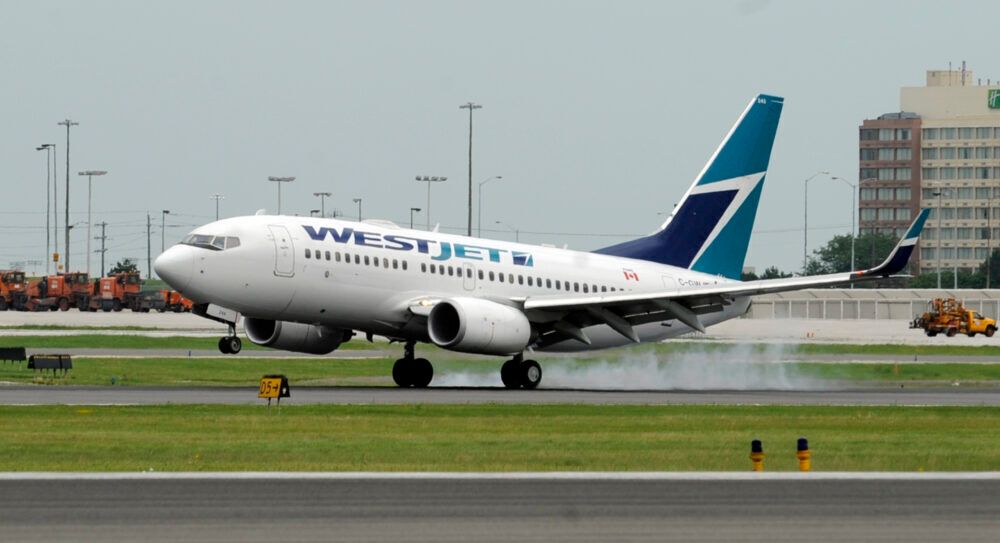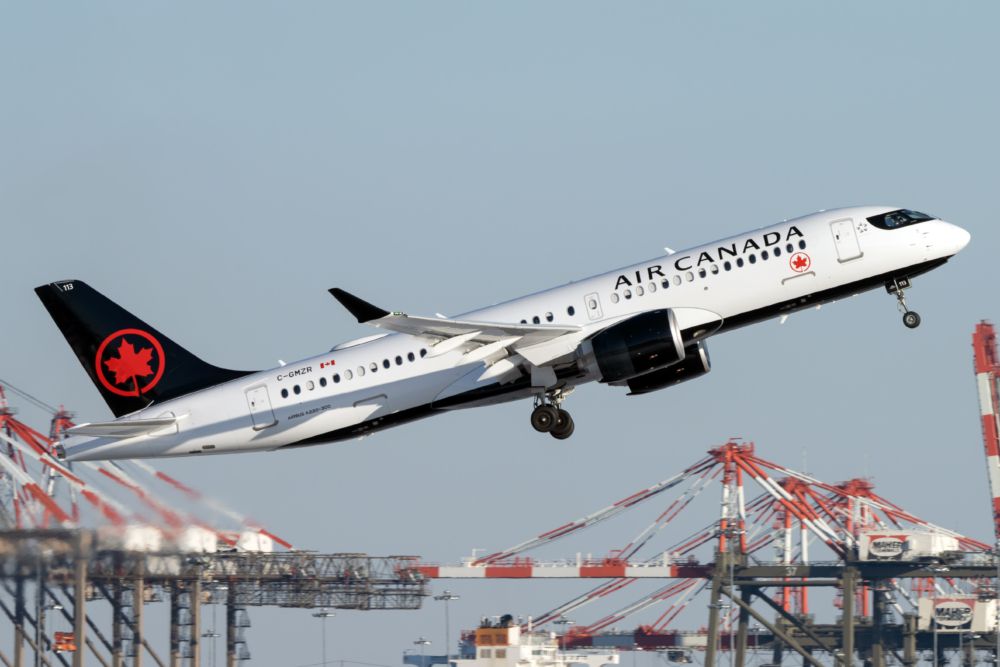Canada has announced that it plans to require vaccinations for air travelers no later than the end of October. The mandate will extend to all commercial air travelers. More details are expected to come out in the coming weeks. Here is what passengers need to know when thinking about travel.
Canada announces new vaccination requirements
The Canadian government announced it intends to require the COVID-19 vaccine for employees in the federally regulated air, rail, and marine transportation sectors. This mandate will also extend to all commercial air travelers, passengers on interprovincial trains, and large marine vessels with overnight accommodations.
Currently, the timeline is "no later than the end of October" and "as soon as possible in the fall." The government will work with stakeholders to develop the process and mandate.
According to the Government of Canada, over 71% of eligible Canadians have been fully vaccinated, and over 82% have received their first dose. Thus, the large majority of Canadian citizens are likely already in compliance with the forthcoming mandate for air travel.
What passengers should know
Fully vaccinated Americans have been allowed in Canada, with a negative pre-entry test result and a plan for quarantine with a test on arrival. Canada tentatively plans to allow all other foreign nationals who are fully vaccinated from September 7th.
Canada has accepted four COVID-19 vaccines for use and exemptions from quarantine:
- Pfizer-BioNTech (two doses)
- Moderna (two doses)
- AstraZeneca/COVISHIELD (two doses)
- Janssen/Johnson & Johnson (one dose)
These are the vaccinations that will likely also be accepted for air travel. Canada already has the ArriveCAN app ready to go for submitting documentation of vaccinations to enter the country.
There are still a few questions out there. This includes whether the mandate will apply to transit passengers. The language presented by the Government of Canada indicates that this may be a requirement for transit passengers, which could end up a little problematic.
Several other vaccinations, such as Sinopharm or Sinovac, are not currently accepted for fully vaccinated status in Canada. This may certainly come under review as carriers also consider the importance of transit passengers from countries like China that have heavily used such vaccines.
Passengers coming from Europe and the United States – two major markets for Canadian airlines, overwhelmingly receive one of the four accepted vaccinations.
Vaccinations are not currently approved for young children. This will be an area to watch to see what Canada does. Canada does not require children under the age of 18 or dependent adults who are not fully vaccinated but are accompanied by fully vaccinated travelers are allowed to enter Canada. Still, they must quarantine for 14 days and follow all testing requirements unless under the age of 5.
Stay informed: Sign up for our daily and weekly aviation news digests.
The response from airlines
Air Canada came out in support of the country's plan to require vaccination for employees in the air travel sector. However, Air Canada did state that it wants to see more details on the mandate and continues to push for cutting down testing requirements for fully-vaccinated travelers.
WestJet also came out in support of the mandate for airline employees. It also plans to continue to push for rapid antigen testing as an alternative for expensive and lengthy PCR tests for unvaccinated travelers.
Should I book travel?
If you are already fully vaccinated with one of the approved vaccines, you will likely meet Canada's requirements. This includes both international transit passengers and those connecting from an international flight to a domestic one.
If you are not vaccinated, it is not clear if Canada plans to put forth any exemptions. The country has taken a strict approach for international arrivals and is likely to keep that strategy up. It is too early to tell at this point what Canada plans to do with unvaccinated citizens and travel.
If you anticipate remaining unvaccinated by the end of October, it might be wise to hold off on booking travel to, from, or within Canada.
What do you make of Canada's plan for mandating vaccinations for air travelers? Let us know in the comments!

